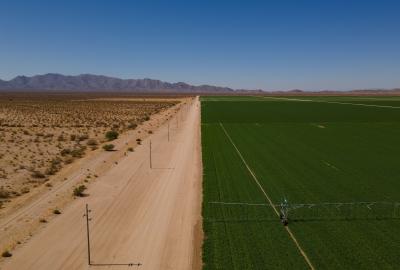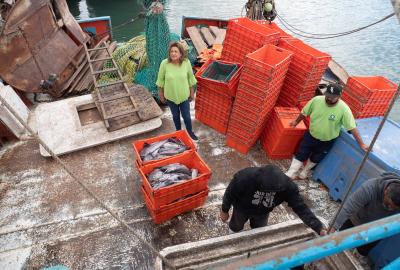Climate change has already cost me. Why does the EPA say it’s not dangerous?
The EPA plan to revoke the Endangerment Finding puts us all at risk, says Environmental Defense Fund's Allyn West.
During Hurricane Harvey, eight of the hottest years ever recorded ago, I lived in a small apartment on Holman Street in Houston’s Midtown neighborhood. It’s not in the floodplain, and more than 1.5 miles away from both Buffalo and Brays bayous. The city and management district had spent millions rebuilding Midtown streets, planting rain gardens and replacing drainage pipes, only for Harvey’s relentless rainfall to overwhelm them anyway.
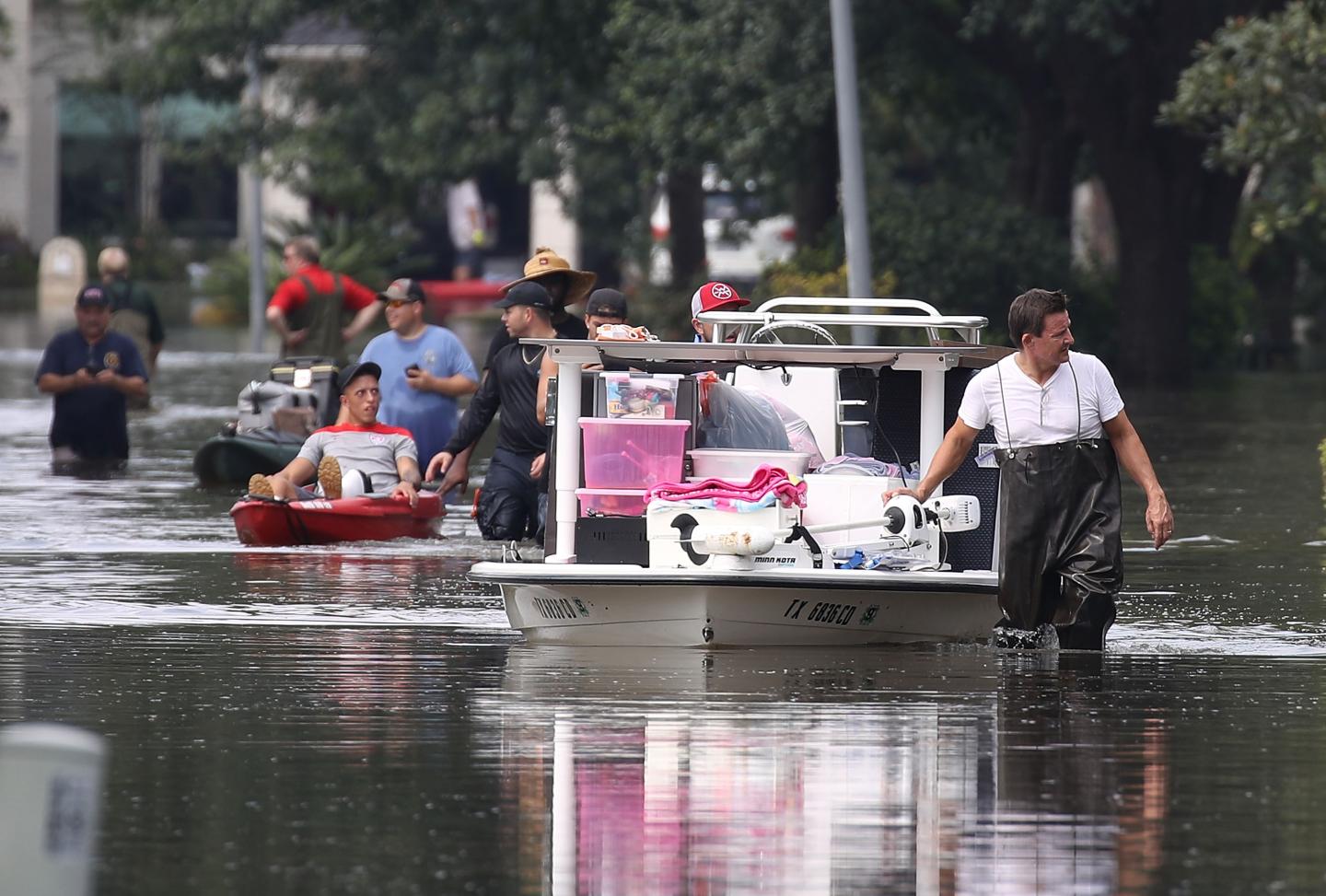
The night before Harvey hit, I parked the used Honda Civic that I’d managed to pay off at the end of the street, but it was swamped, too.
My insurance company declared it totaled and handed me a check that wasn’t even close to being enough to replace it, so I had to go without.
For three more years, I went without, relying on buses, bikes and Ubers, until I had a child, pulled a chunk of money out of my retirement account, ate the fee and bought another cheap used car.
Climate change made Hurricane Harvey’s rainfall nearly 40% worse, according to a study published in the journal Nature — I don’t think I’ll ever forget that. It rained so much the entire region sagged under the weight of the floodwaters. Harvey should have washed away the last of our denials.
This hurricane season, though, the Trump administration is once again doing what it does so often, which is hide the things it doesn’t like and hope they go away. I’m not talking about the Epstein files. The administration is effectively trying to deny that climate change had anything to do with the more than 106 deaths and $160 billion in damages Harvey caused.
The Trump EPA’s extreme agenda
Earlier this summer, the Trump administration’s Environmental Protection Agency proposed revoking what’s known as “the Endangerment Finding.” It’s the landmark scientific finding, based on binders full of evidence detailing the threats we face from climate change, that gives the federal government the authority to regulate the pollution that’s causing it. Essentially, the EPA is now saying that there’s nothing there to worry about, nothing it needs to stop.
The Endangerment Finding is to dealing with climate change as developmental psychology is to being a parent. There are some fundamental things you have to accept and understand, or it’s going to be rough. We know better than leaving kids home alone with iPads and Skittles all day.
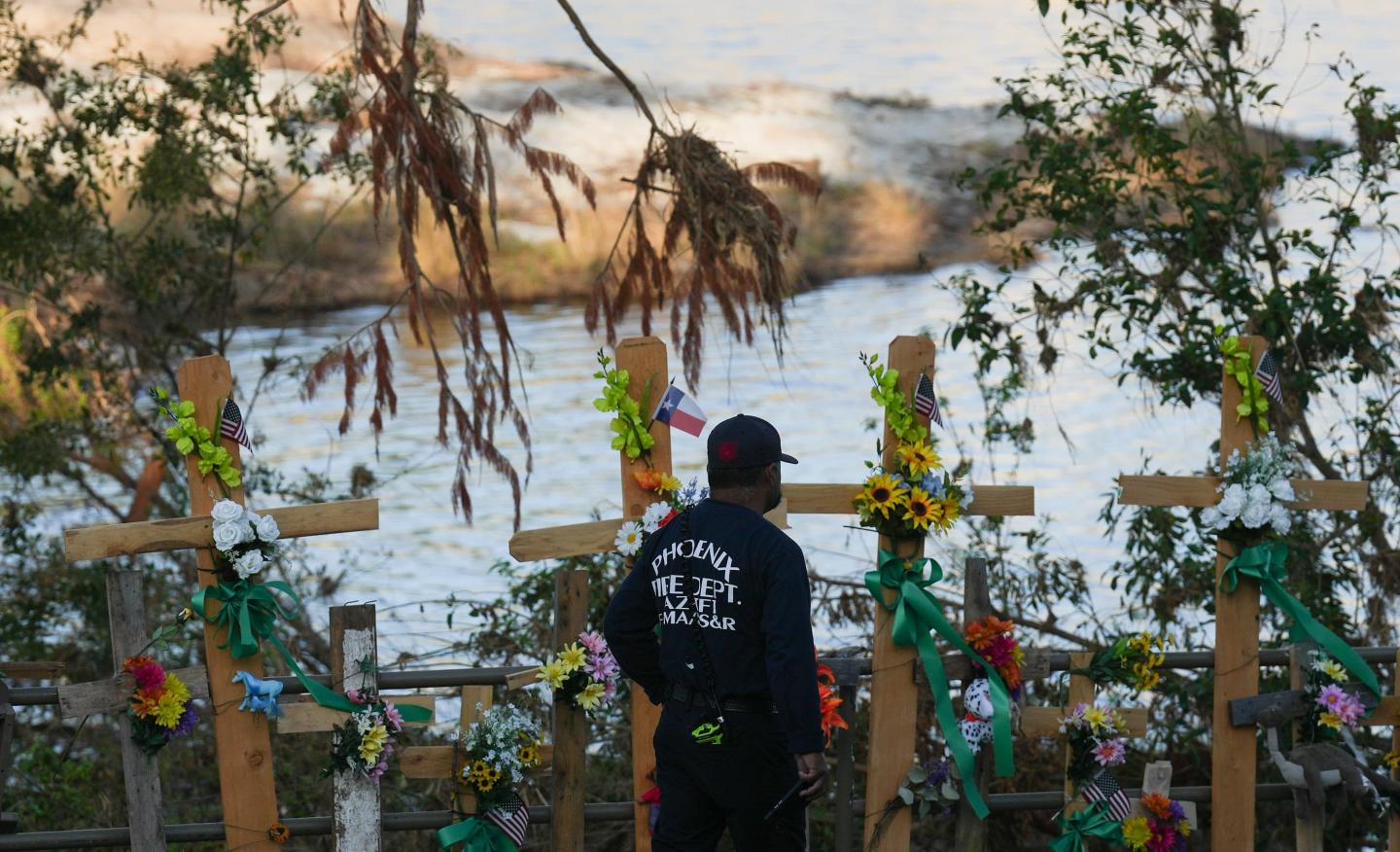
How’d we end up here? In 2007, one year before Hurricane Ike left millions of Houstonians without power in steaming heat — 12 days for me, weeks for others — the Supreme Court upheld that the Clean Air Act obligates the EPA to protect people from climate-altering pollution. In 2009, the EPA took the first step of doing that by releasing the Endangerment Finding.
Then, as though the overheating planet wanted to make sure everyone understood exactly what “endangerment” means, Texas went dry as a bone in a historic drought that gasped on for two years. Half a million trees in Memorial Park were parched to death. Then there were three 500-year floods in three years, including Harvey. Then Imelda. Then the winter freeze. Then the derecho in 2024, whose straight-line winds were likely strengthened by climate change. Then Beryl a month and a half later.
Before the Guadalupe River burst loose this July, climate change had made the summer air above Texas as wet as it had ever been. Since 2016, when President Trump first won office, through 2024, there have been 179 billion-dollar climate disasters like these.
Environmental news that matters, straight to your inbox
The danger of denial
Or, as he might say, no, there haven’t. The Trump administration the second time around has been busy deleting websites, firing meteorologists, ending programs that were helping communities strengthen utility poles and maintain levees, and inviting power plants and chemical facilities to ask for permission to pollute even more than they already do. The administration failed to release an inventory of last year’s climate pollution for the first time in 30 years, and now it wants to ignore one of the most urgent reasons why we’d want to reduce it to begin with?
Automakers could give up advancing the technologies that are already making cars and trucks cleaner and cheaper to use and maintain over time. Utilities could stop investing in more reliable, practically inexhaustible sources of energy, like wind and solar, that don’t make the very air we’re running A/C to endure any hotter than it is. “Attacking the Endangerment Finding,” Peter Zalzal, my colleague at Environmental Defense Fund, told me, “is only going to make extreme weather more extreme, and our lives more expensive and more dangerous.”
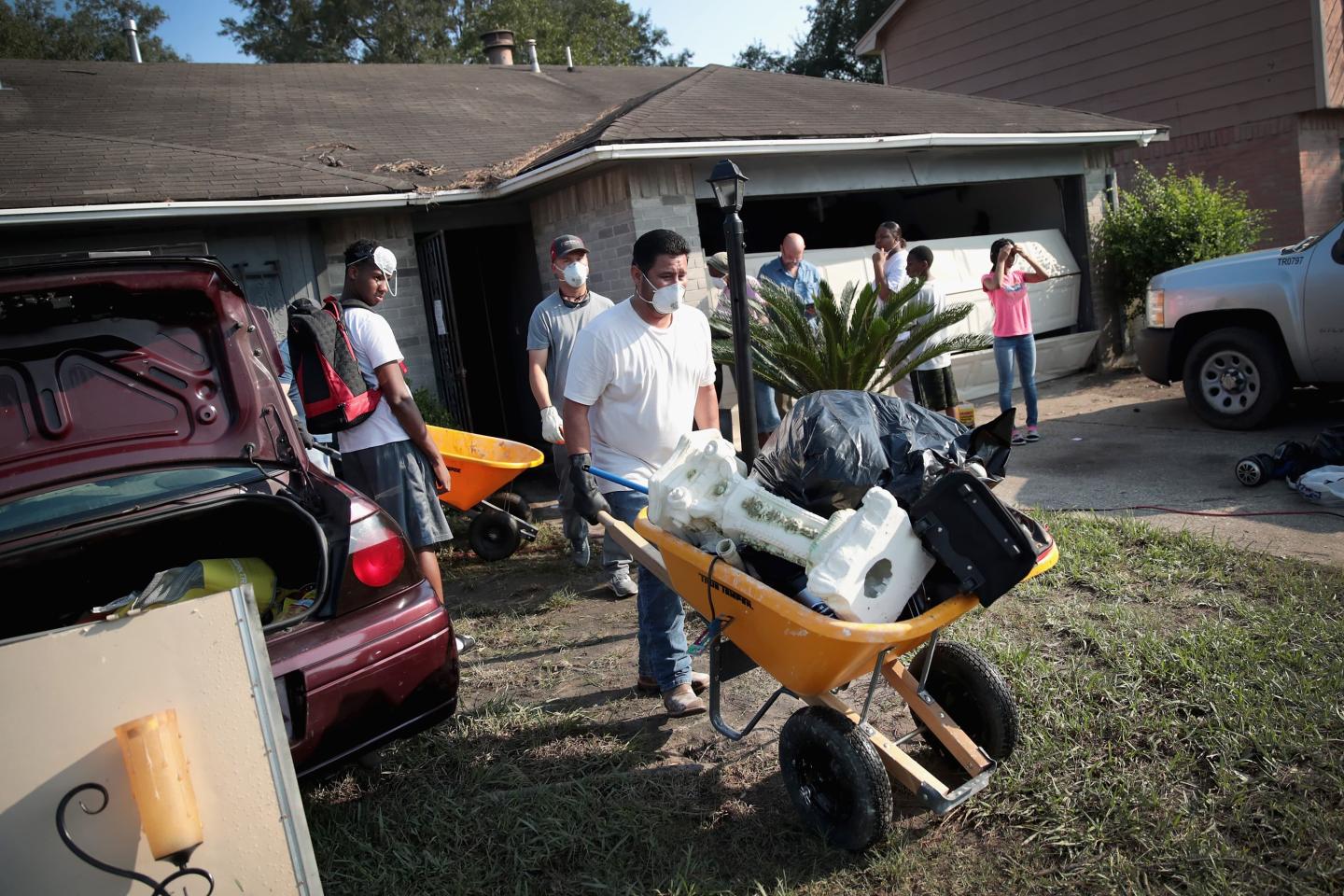
It’s never just the initial wallop of the storm that’s so costly. It’s also the fallout as our infrastructure, built for a different world, struggles and fails.
Alice Liu, who works with West Street Recovery in northeast Houston, has seen how the costs pile up. There’s the cost of finding temporary housing, the cost of getting there, she told me. The cost of having to throw out fridges and freezers of food and medications. The cost of stress. The cost of being unable to get to work, the cost of losing wages, the cost of being fired. The cost of debt — nearly 2 in 5 U.S. households, according to annual surveys by the Federal Reserve, say they do not have enough cash to cover even a $400 unexpected expense. In Houston's Harris County, nearly half the people can't cover that expense .
Sometimes all that just breaks you. Liu told me about a woman she’d met who was finally able to retire. She dipped into her savings to give herself the kitchen she’d always wanted. Then Harvey ruined it, and she had to pay to rip out what she’d just put in.
Just about everyone on the Gulf Coast, it seems, has a story just like this. But all our stories about all we’ve been through — about the terror of sheltering in place with our children, the panic of watching stormwater rising and rising and rising toward your door, the dead-drop of despair of living paycheck to paycheck and suddenly facing the cost of replacing something you’re never going to be able to afford — haven’t been enough to stop the Trump administration from attacking the solutions and wrecking the protections.
Everything we’ve already lost hasn’t been enough to stop this administration from trying to take even more away.
This article was originally published in the Houston Chronicle. Allyn West, a former Houston Chronicle editor and writer, works on advocacy storytelling at EDF.
